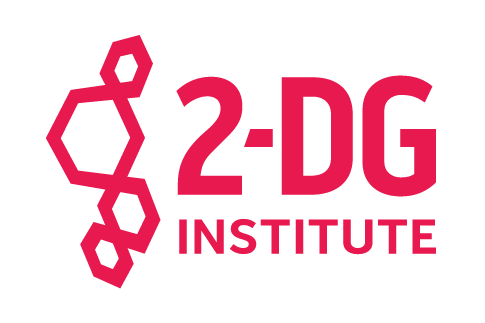As reported in September, the Lampidis Cancer Foundation, along with the MCS Foundation for Life, has been actively collaborating with clinics worldwide on implementing protocols using 2-DG for patients who have failed standard treatment. The following patient updates have been received as of the end of January.
- Patient A, male, 25 years, Ewing Sarcoma (grade 3): Prior to and after surgery and radiation therapy, metronomic 2-DG was administered, and there has been no sign or evidence of recurrence. It has been applied with other metabolic treatments and oncothermia.
- Patient B, female, Ovarian Cancer (stage 4 with spleen and liver metastasis, and ascites): Metronomic 2-DG was administered after each session of low-dose chemotherapy (IPT) for 2 months. After treatment, there has been no sign or evidence of recurrence.
- Patient C, male, Maxillary Carcinoma (stage 4, multiple metastasis including the brain, liver, bones, eye): This patient could not maintain chemo (Capecitabine and Irinotecan) due to the side-effects and continuous growth of tumors. After administering metronomic 2-DG, he is improving while some tumors are shrinking, including those in the eye.
One of the physicians reporting on the first two patients commented: “Although I am currently unable to quantify the actual contribution of 2-DG to these results, I am convinced it is having a positive impact. Furthermore, these results are highly unusual, as inoperable pancreatic cancer and grade 3 sarcomas are extremely aggressive.”
Since these stage 3 and 4 patients are concurrently receiving other treatments in addition to 2-DG, the data must be considered anecdotal. Nevertheless, as this is the first time patients have been treated with our laboratory-tested delivery method, it is very encouraging to know that excellent tolerance as well as reductions in the size of their respective tumor types and markers is being reported.
We will continue to report on patient outcomes from around the world as we receive them.
Our academic research relies largely on philanthropy to keep moving forward. Please consider donating to our cause. Our goal is to raise $300,000/year to provide the necessary research to bring this treatment protocol through the relevant clinical trials in order to make it available to patients worldwide. We would appreciate your help by donating using the link above.
